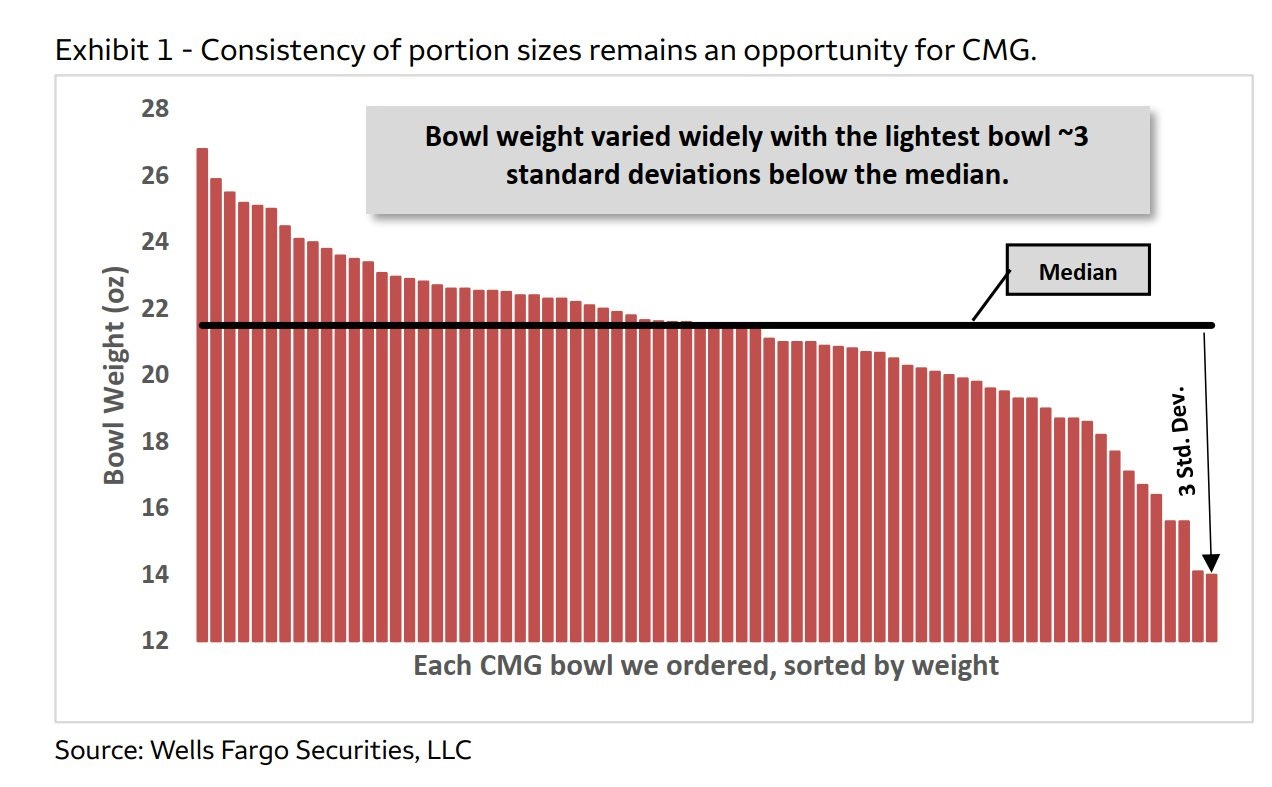Personal Science Week - 240718 Aggregate Data
Results from DTC testing companies that release their data, plus Long COVID
When you take a diagnostic test from a direct-to-consumer company, you are also contributing to the company’s overall dataset. Personal science-friendly companies release the aggregate data to their users, giving us a timely peek into cutting-edge science over what would otherwise require years of academic publication delays.
Let’s look at three examples.
Aggregate data posting
The at-home blood testing company SiPhox recently run the numbers on blood biomarker data they collected from their customers who use wearables.
Interestingly, they found a strong correlation between cholesterol levels and REM sleep—but only in women over 40. They speculate that the cause might be the anti-inflammatory properties of HDL-C, but this doesn’t explain the male/female or age gap.
Incidentally, I found a similar age/sex gap in probiotic microbes when I ran the numbers on a large dataset of microbiome tests (discussed in PSWeek 230105)
Another microbiome test company, Bristle Health, says Electric toothbrushes are better than manual brushing, based on the data they collected from about 100 of their oral microbiome testing users. The benefits were highest among young people who brush twice or more per day. Curiously, this effect was less noticeable in older people, or in those who brush only once per day.
We discussed Bristle (and other dentistry topics) in PSWeek 240229
Now let’s be honest: there are plenty of caveats to each of these observations: At-home testing is notoriously prone to issues of accuracy and consistency. Even large datasets can generate spurious and invalid conclusions through “slicing and dicing”: the more subsets (men/women, age, geography) you study, the more likely you’ll find a correlation. Often the effect sizes, while technically significant statistically, are not that great in the grand scheme of things.
And of course from the personal science perspective, the biggest caveat of all is that averages are not you. You’re you. Outliers matter because everyone is an outlier at something.
Still, we should encourage (demand!) testing companies to release their aggregate data as much as possible. After all, it’s not their data: it’s ours.
Personal Scientist of the Week
Technically, Wells Fargo analyst Zachary Fadem is a professional, but we think he deserves the title of personal scientist anyway because of the unique way he approached a question about one of the stocks he gets paid to follow. To learn about the rumored wide variance in portion sizes at Chipotle, he ordered 75 identical burritos in order to compile this chart:
(via @muppetTrading)
The Central Governor Theory to Beat Fatigue
Computer scientist and philosopher David Chapman describes a cure that let him beat Long COVID. Quoting Dan Elton’s “false alarm theory”, he speculates that the body has some type of “central governor” that tracks your energy reserves along with likely energy expenditures, including what’s needed to fight infections and prepare for emergency physical excursion. When the governor’s calculations say your reserve is too low, it makes you feel fatigue as a way to get you to slow down.
Sometimes—and in some people, including some suffering from Long COVID—that central governor gets off track. It thinks you have less energy than you actually do. The solution is to push yourself, despite the fatigue, to do some physical activity that you really don’t feel like doing. In his case, that was a 6-mile run. Just do it.
Chapman says this worked for him, and that of course it may not work for you. But if you have Long COVID, or another hard-to-shake illness characterized by fatigue, it may be worth trying.
The fall of Wikipedia
I stopped donating to Wikipedia long ago, when my own personal experience with the site made it clear that it’s now run by people who are anything but neutral and reliable. Even on many science-related topics, editors on the site are fiercely censorious, intimidating users who present alternative points of view. For more horrifying details, read Reliable Sources: How Wikipedia Admin David Gerard Launders His Grudges Into the Public Record. One person with a lot of time on his hands, singularly responsible for 200,000 edits over two decades, has intimidated his way into today’s odd situation where Wikipedia only allows references to sources that he likes—effectively eliminating references to heterodox sites like Quillette and Bari Weiss' Free Press. As Zvi points out, how Wikipedia responds to these allegations (or doesn’t), will reveal a lot about how much we can trust it in the future.
About Personal Science
Are you drawn to the idea that you can optimize something if you can quantify it? If so, you might be a personal scientist. Statisticians track sports scores, economists track the GDP, and web sites track their visitors—all in hopes of improving performance. Why can’t normal people do the same with personal issues that matter to us, whether it’s health, finances, information, or anything else?
We call it personal science, and this is a weekly update, published every Thursday. Most of our posts are intended to be timeless, so please check our extensive library of previous issues, like PSWeek 221110 on how to measure your sense of balance. Paid subscribers can read our Unpopular Science series, including this week’s post about lies.
If you have other topics you’d like to discuss, please contact us.





Trying Central Governor “reset” could be dangerous if you have the form of Long Covid tied to muscle and mitochondrial dysfunction. Lots of research shows Long Covid isn’t just “in your head”. Muscle abnormalities worsen after post-exertional malaise in long COVID" by Appelman et al. https://www.nature.com/articles/s41467-023-44432-3#Sec30